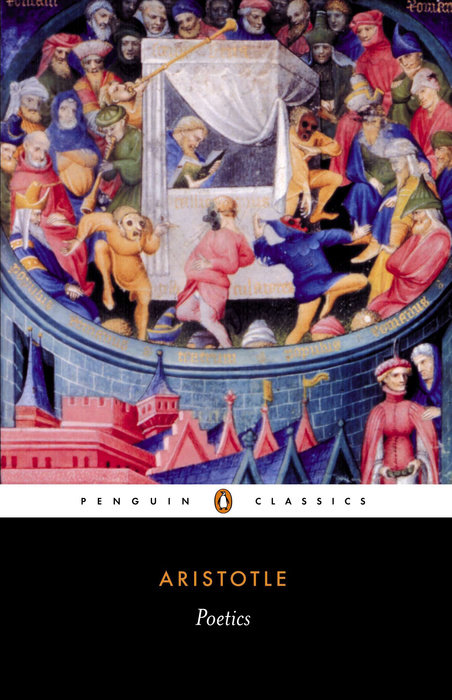
Aristotle: Selections
Book Description
Unlock the secrets of existence with the timeless wisdom of Aristotle. Dive into a world where ethics, politics, and metaphysics collide, revealing profound insights that challenge convention and ignite the mind. Witness the birth of logic and the foundation of modern thought through selections that explore the essence of virtue, happiness, and the art of persuasion. Each page is a journey into the depths of human understanding, inviting reflection and debate. Can ancient philosophy still hold the answers to our modern dilemmas? Discover the brilliance that has shaped civilization for centuries and decide for yourself.
Quick Book Summary
"Aristotle: Selections" presents a curated collection of Aristotle’s most influential works, offering readers a gateway into the profound questions and methods that have defined Western philosophy. Through explorations of virtue, happiness, logic, politics, and rhetoric, Aristotle forms a systematic approach to understanding reality, human conduct, and the structure of society. This volume distills his arguments on ethics and justice, the pursuit of knowledge, and the nature of existence itself. Aristotle’s thought encourages rigorous debate and self-examination, offering principles and inquiries that echo in modern philosophical, scientific, and political discourse. Rich in insight, these selections challenge readers to reconsider the foundations of their beliefs and the nature of the world around them.
Summary of Key Ideas
Table of Contents
Virtue and the Nature of Happiness
Aristotle’s vision of ethical living is rooted in the concept of virtue as a mean between extremes, advocating for the cultivation of character through reasoned choices. Happiness (eudaimonia), for Aristotle, is not mere pleasure but the fulfillment of one’s potential via virtuous activity over a lifelong journey. He asserts that moral and intellectual virtues are developed through habituation and guided by practical wisdom, highlighting the importance of reason in ethical life. His philosophy challenges us to pursue balance, self-mastery, and reflection for true human flourishing.
Logic and Reasoning as Foundations of Knowledge
The foundation of much of Western thought, Aristotle’s logic—particularly the syllogism—serves as a system for discerning valid reasoning from error. By categorizing forms of argument and introducing formal methods, Aristotle empowers thinkers to clarify and test their beliefs. Logic, for Aristotle, is both a tool for science and a medium for discovering universal truths. In examining demonstrable knowledge versus opinion, he emphasizes critical analysis and skepticism, shaping the evolution of scientific inquiry for centuries.
The Structure of Political Life and Justice
Aristotle approaches politics by examining the city-state (polis) as the space where human virtue and justice manifest collectively. He weighs the merits and pitfalls of various forms of government, advocating for constitutional rule that balances the interests of the many and the few. Justice is conceptualized as proportional equality, with the good life obtainable only in a just community. Aristotle’s focus on civic participation and the rule of law provided the blueprint for later theories of democracy and civic ethics.
Rhetoric, Persuasion, and Human Communication
In the realm of communication, Aristotle analyzes rhetoric as the art of persuasive speech, distinguishing between ethos, pathos, and logos as its three pillars. He views effective persuasion not as manipulative, but as a rational appeal to the values and emotions of audiences when guided by ethical intent. His deep exploration of language’s power reveals how argumentation shapes belief and collective decision-making, laying the groundwork for modern communication and debate.
Metaphysics and the Nature of Existence
Aristotle’s metaphysical inquiries address the fundamental nature of reality: what does it mean for something to exist, and how do change and identity persist? He posits the distinction between substance and accidents, explores the concepts of potentiality and actuality, and introduces the idea of the ‘unmoved mover.’ These meditations on being and causality underpin later scientific and theological paradigms, making Aristotle’s metaphysics one of his most enduring and challenging contributions to philosophy.
Download This Summary
Get a free PDF of this summary instantly — no email required.





